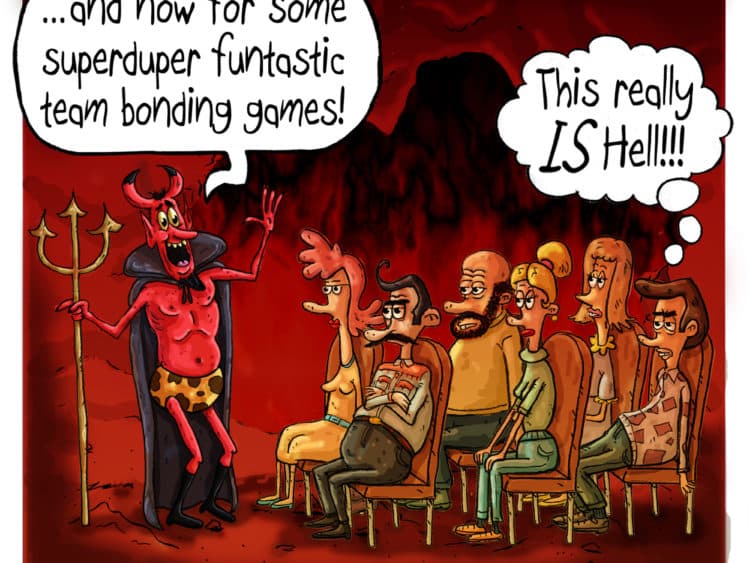
Giving Workers What They Want
As workers continue to be well-positioned in a strong economy with low unemployment, employers are strategizing about how best to recruit and retain a strong, stable workforce.
Many employers will be tempted to use gimmicks that were first made popular years ago among trendy tech firms– think ping pong tables and free snacks. But in reality, most workers are looking for a total rewards package that prominently features more substantive and meaningful benefits.
According to an article in Harvard Business Review, most workers give the greatest consideration to what we would think of as core health and welfare benefits – medical, dental and vision coverage. But beyond those basic benefits other offerings that speak to workers include
- Greater Flexibility – Employers can express flexibility in multiple ways, whether through flexible scheduling, more liberal paid time off policies or work-from-home options
- Education, Training and Career Advancement Opportunities – The rapidly shifting economic landscape affects how workers think about their career paths. According to a Pew Research Center study, 54% of workers believe that developing new skills throughout their work life will be essential in order to keep up with changes in the economy and workplace.
- Student Loan Assistance – This is something that has been in the news a great deal lately. With estimates of overall outstanding student debt in the range of $1.5 trillion, employers are realizing that finding creative ways to help employees pay down student loans makes good business sense.
Whatever strategies an employer chooses to use to make their total rewards offering attractive, making sure to invest in total rewards communications is critical. Employees who don’t fully understand their total compensation are far less likely to appreciate the efforts being made by their employer.
Curious about what perk is considered the least attractive to employees? According to the study described in HBR that would be team bonding events. So the advice to HR would seem to be to double down on workplace flexibility and tuition reimbursement and cut back on the trust falls.